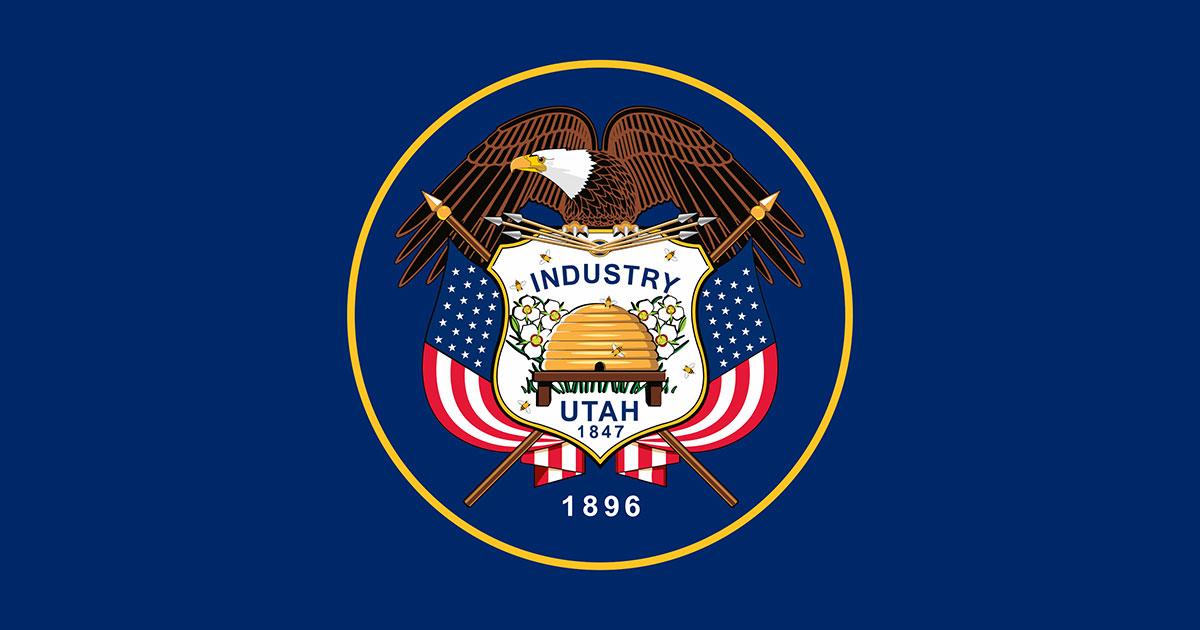- Take Action: Urge your state legislators to support a compassionate medical cannabis program!
Press Release
Utah Medical Marijuana Campaign Reaches Compromise with Lawmakers, LDS Church

FOR IMMEDIATE RELEASE
Thursday, October 4, 2018
Contact: Violet Cavendish
vcavendish@mpp.org
Backers of Utah Medical Marijuana Initiative Reach Deal With Legislative Leaders, LDS Church Representatives, and Utah Medical Association
Regardless of Proposition 2’s outcome, a compromise medical cannabis bill will be enacted during a special session after the 2018 election
The Marijuana Policy Project has been assisting the Utah Patients Coalition since its inception in early 2017
SALT LAKE CITY — Backers of the Utah medical marijuana initiative joined other organizations and lawmakers at a press conference Thursday to announce they have reached an agreement on an alternative medical cannabis law that will be enacted in a special session following the election.
Proposition 2 will still appear on the 2018 ballot, but it will no longer determine the final outcome for Utah medical cannabis patients.
“We strongly support the compromise that has been reached because it will ensure a workable medical cannabis law is enacted and implemented in Utah,” said Matthew Schweich, deputy director of the Marijuana Policy Project, which played a significant role in drafting Proposition 2 and made large contributions to fund the successful signature drive.
“While it is difficult to walk away from a campaign after 18 months of hard work, this deal is undoubtedly a victory for Utah patients and their families,” Schweich said. “In Utah, a statutory ballot initiative can be amended or even repealed by a simple majority in the Legislature. If Proposition 2 passed without any agreement on next steps, patients may have been left waiting years to access legal medical cannabis. This compromise eliminates that uncertainty and ensures legislative leaders are committed to making the law work.”
The compromise bill differs from Proposition 2 in a number of ways. It does not allow home cultivation, allows fewer dispensaries, and adds several regulations, including dosage requirements. The negotiations were spearheaded by Utah Patients Coalition campaign director Connor Boyack and treasurer DJ Schanz. MPP staff were consulted during the negotiations, and the organization’s state policies director, Karen O’Keefe, provided important analysis that improved the final compromise legislation.
“The Utah Patients Coalition did an excellent job and fought to include as many provisions of Proposition 2 as possible in the compromise legislation,” Schweich said. “The compromise bill, while not ideal and cumbersome in certain respects, is workable and provides a path for Utah patients to legally access medical cannabis, including whole-plant products.
“This campaign was never about notching up another election victory,” Schweich said. “Our goal was simply to help medical cannabis patients in Utah who are being treated like criminals as they seek to alleviate their suffering. With this compromise, we have achieved that goal.”
###
Founded in 1995, the Marijuana Policy Project (MPP) is the nation’s leading cannabis policy reform organization. MPP has played a central role in passing dozens of cannabis policy reforms in states across the country, including 14 successful cannabis legalization campaigns, and also works to advance federal reforms.

